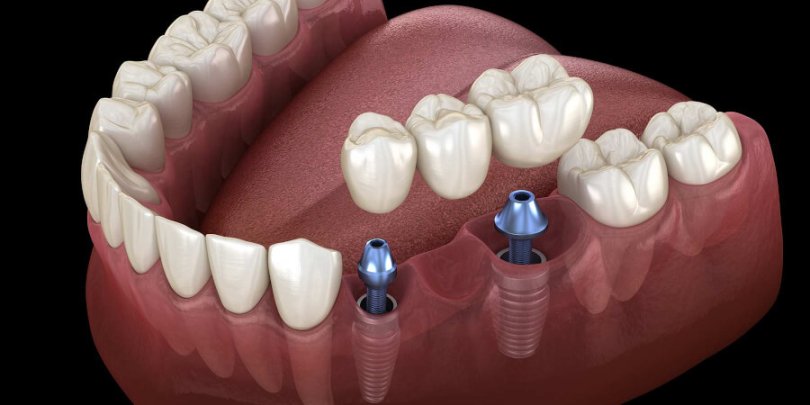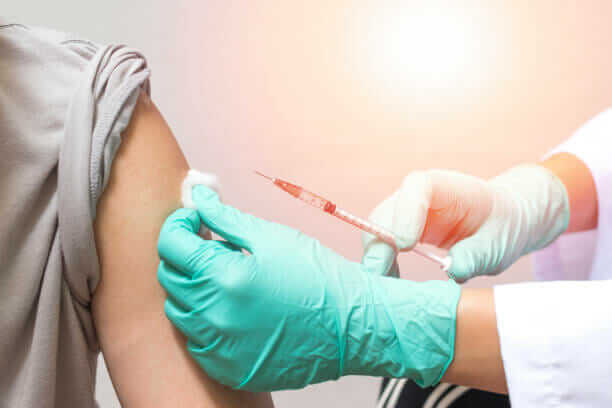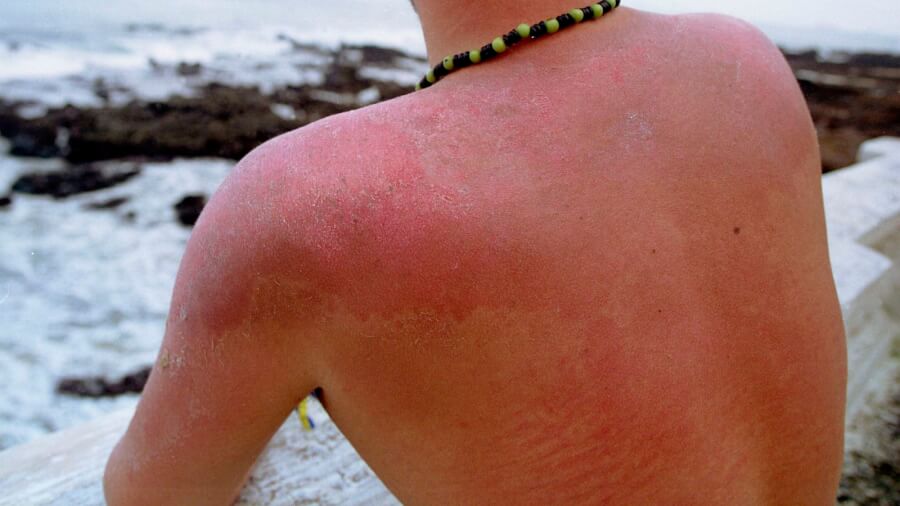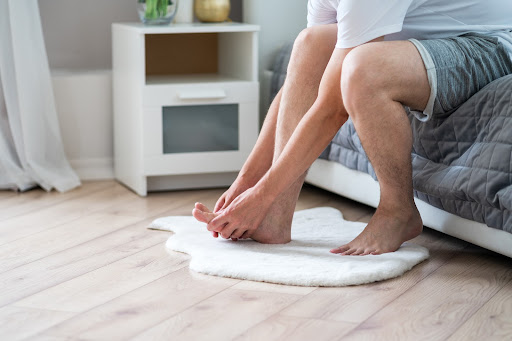A dental emergency refers to any oral or dental problem that requires immediate attention from a dental professional to alleviate severe pain, stop bleeding, or prevent further damage to the teeth, gums, or mouth.
Common Dental Emergencies and What to Do to Get Relief
Toothache: A cavity, gum infection, or a cracked tooth can cause toothache. If the pain is severe, it could be a dental emergency. Rinse your mouth with warm water and floss gently to remove any food particles that may be causing the pain. According to Medical News Today, you can also take an over-the-counter pain reliever such as ibuprofen to alleviate discomfort. Contact a dentist if the pain persists.
Broken or chipped tooth: A trauma, such as a fall or accident, can result in a broken or chipped tooth. Rinse your mouth with warm salt water to clean the area and reduce swelling. Take an over-the-counter pain reliever such as ibuprofen or acetaminophen if you are experiencing pain. If the tooth is sharp or jagged, you can use a piece of sugarless gum or dental wax to cover the area and prevent it from cutting your tongue or cheek. Visit an emergency dentist Dublin Dental Care at the soonest.
Knocked-out tooth: A knocked-out tooth can occur due to sports injuries, falls, or accidents. If possible, locate the tooth and pick it up by the crown. If the tooth is dirty, rinse it gently with water, being careful not to touch the root. If you are comfortable doing so, try to reinsert the tooth into the socket, making sure it is facing the right way. Gently biting down on a clean cloth can help to hold it in place. If you cannot reinsert the tooth, place it in a container of milk or your own saliva to keep it moist.
Abscess: An abscess is a bacterial infection that can form at the root of a tooth. It can cause severe pain, swelling, and fever. You can reduce pain and inflammation by taking over-the-counter pain relievers. Rinse your mouth with warm salt water several times daily to reduce swelling and promote healing. Place a cold compress, such as an ice pack, on your cheek near the affected tooth to help reduce swelling. Brush and floss regularly to prevent further infection!
Broken braces: You can use orthodontic wax to cover the broken part to prevent further damage. Broken braces are more susceptible to further damage by hard or sticky foods. So, avoid these kinds of food until you get them fixed. Be extra diligent with brushing and flossing around the broken braces to prevent food particles from getting stuck in them, which can lead to further complications.
Conclusion
It is essential to seek immediate dental care to prevent further complications or permanent damage to your teeth and gums if you experience any dental emergency or have any other oral health problem causing severe pain or discomfort. Seek medical attention immediately if you are experiencing severe pain, bleeding, or swelling. Dental emergencies can be serious and require prompt treatment to prevent further damage or complications.











